Garden features that could decrease the value of your home – property experts highlight 5 to steer clear of
An extensive kids' play area or DIY pond may seem like a good idea now, but it could put potential buyers off in the future

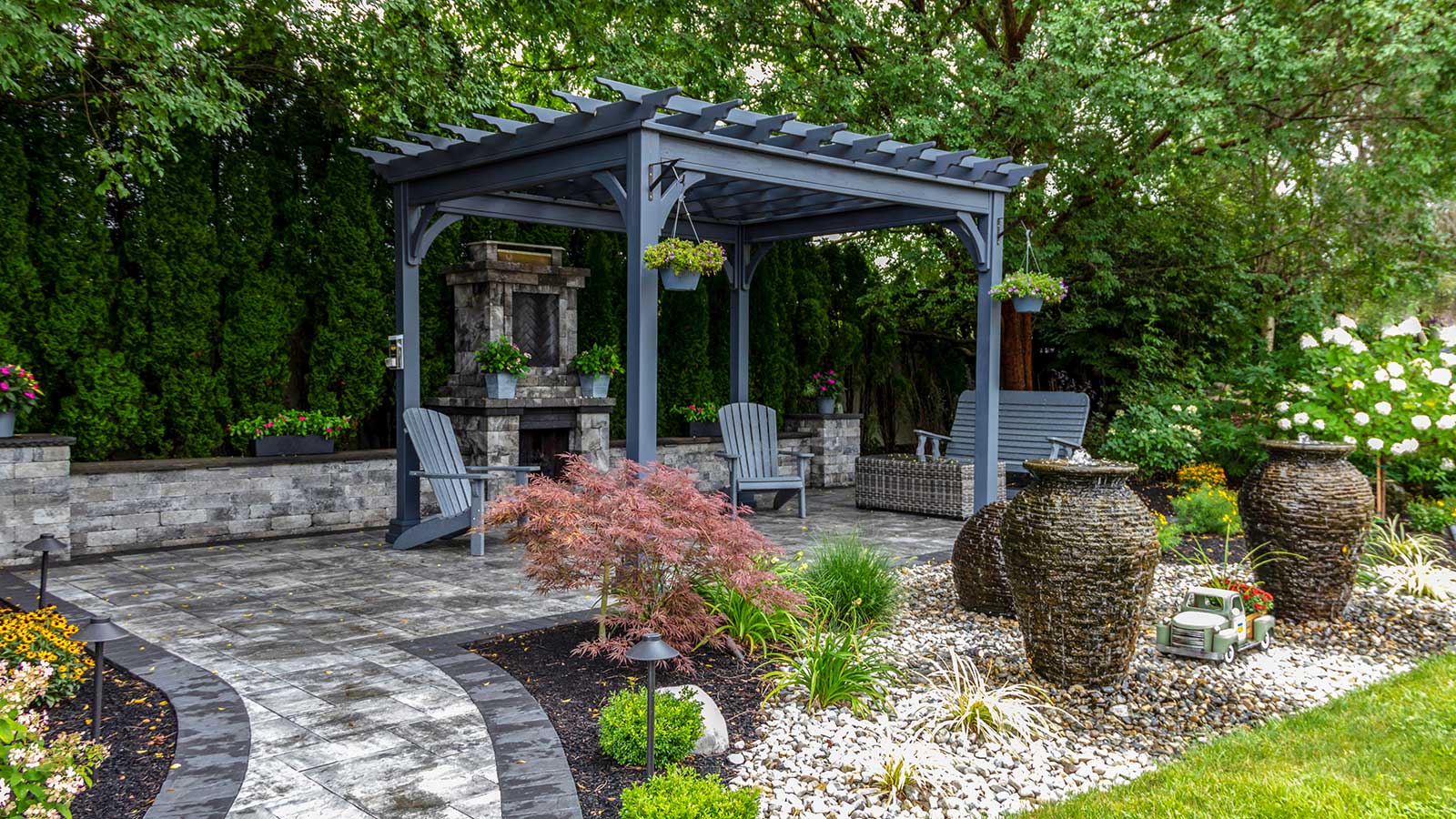
Our backyards are important extensions of our homes, and customizing them to align with our lifestyles can be a fantastic way to make the most of the space. Whether that's with a purpose-built outdoor building or a place for the kids to play, the possibilities are almost endless.
However, if you're thinking of selling in the near future, you may want to rethink certain backyard features before you invest, as they could put off potential buyers down the line. Instead, it may be better to consider back- and front-yard improvements that have more universal appeal, as well as being easy to maintain.
To find out more, I turned to property experts for their insights. Below, you'll find five garden features that could decrease the value of your home – and alternatives to opt for instead.
1. Big backyard conversions
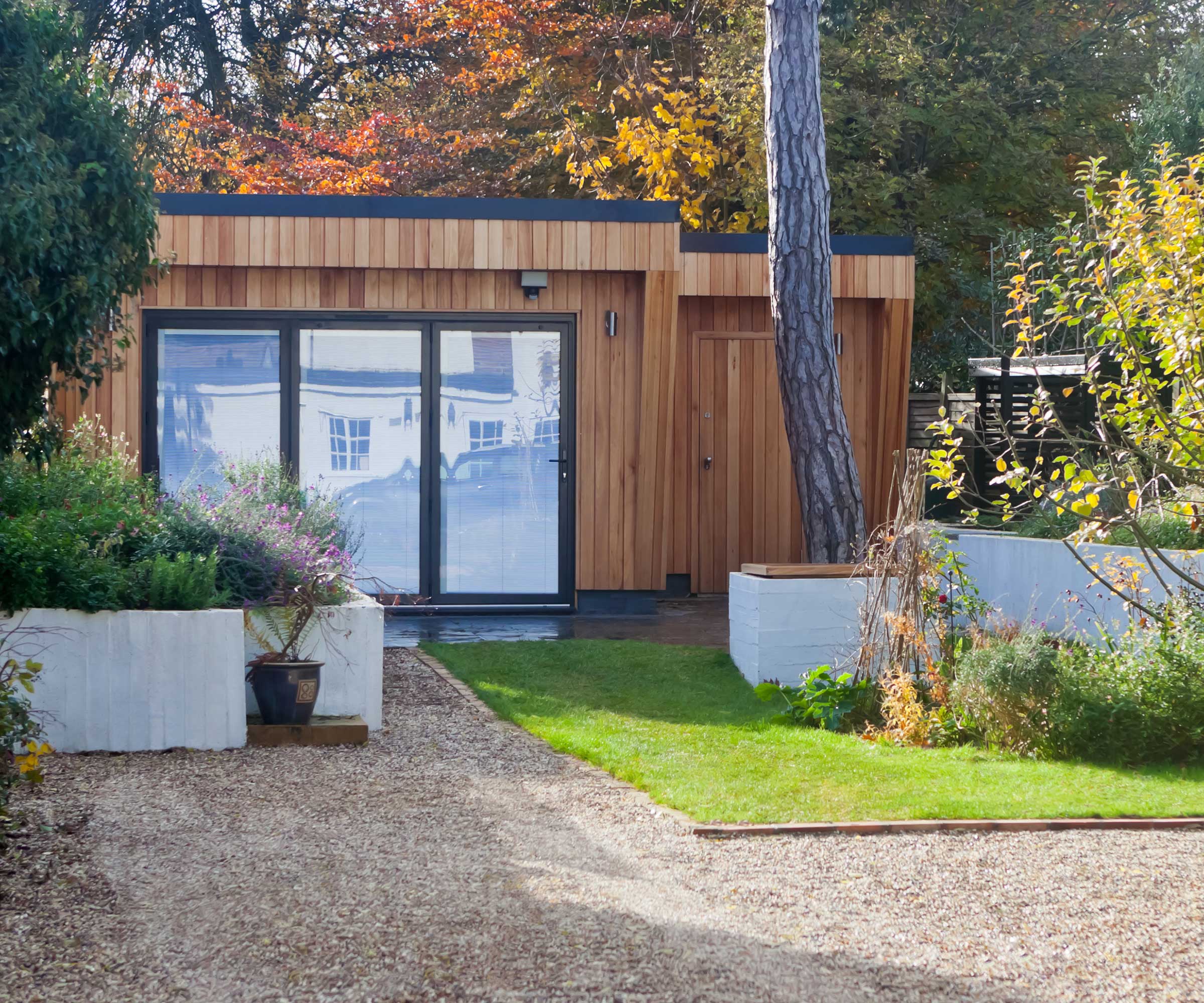
While garden buildings can work for your lifestyle, they might seem like a burden to potential buyers
Installing a home gym or office in your backyard may seem like a great use of the space, but Zach Fertig, co-owner of Property Leads advises against it. ‘These upgrades hurt value because they limit the yard’s general usability,’ he explains, reminding homeowners that potential buyers may not have the same lifestyle as them.
Such conversions can shrink play space, feel too niche, and sometimes even violate zoning rules if done without permits, he warns – ‘In general, buyers prefer a flexible blank slate over a highly specific setup.’
Instead, Zach recommends keeping the space multipurpose. ‘If you want to make changes to the yard, use temporary structures so you don’t restrict future use. There are portable sheds that can double as storage or a hobby room, allowing you adaptability without reducing the yard’s appeal.’

Zach is a proptech entrepreneur and the co-owner of Property Leads in Sheridan, Wyoming. He specializes in helping real estate investors scale through high-converting, motivated seller leads. He is also the co-owner of a platform connecting sellers with cash buyers and the co-founder of two single-family rental proptech ventures.
2. Large play areas
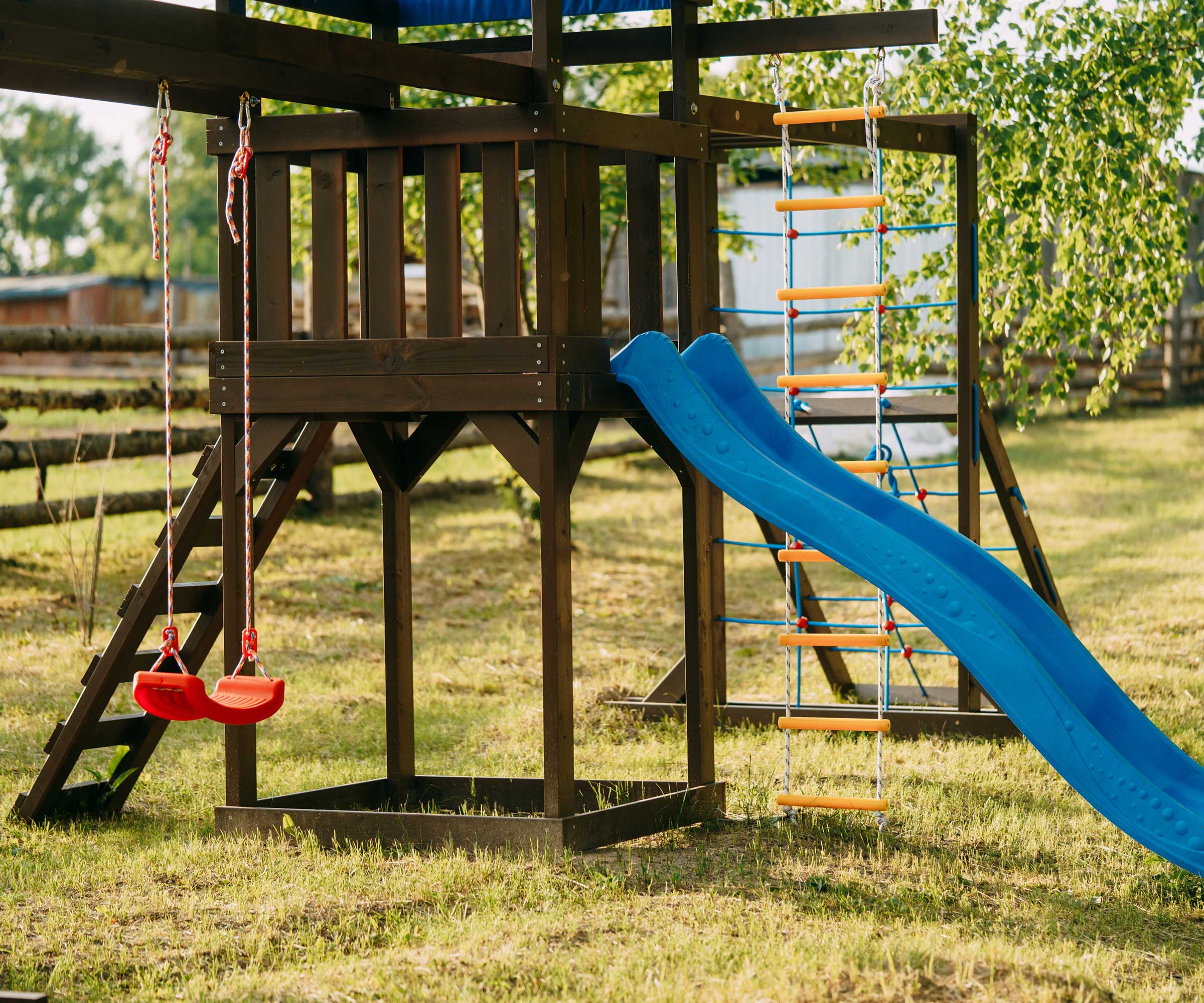
Opt for removable play equipment rather than permanent structures
While a backyard play area encourages kids to get out in the fresh air, large structures, such as treehouses or permanent sports courts, are probably best avoided if you plan on selling anytime soon.
Design expertise in your inbox – from inspiring decorating ideas and beautiful celebrity homes to practical gardening advice and shopping round-ups.
‘These large installations can crowd the space and alienate buyers who don’t have children or prefer a more open layout,’ says Zach.
Leah Robinson-Christian, an associate broker at Engel & Völkers Atlanta, also lists jungle gyms and built-in trampolines as examples to steer clear of. ‘Big structures eat up yard space, making the backyard feel smaller and less versatile,’ she says.
What’s more, she says older equipment can look worn out, be hard to remove, or pose safety risks, turning into a liability rather than a selling point.
Instead of committing to a built-in feature, opt for something less permanent. For instance, Zach suggests using portable sports nets or foldable playsets that can easily be cleared to maintain versatility and broaden buyer interest.
You can shop for foldable soccer goals at Amazon – these ones from Theresduet are highly rated.

Gaining her license in 2014, Leah has always had a niche for connecting people and providing a concierge service to her clients. She closes an average of 30 or more transactions a year and has been a well-known Top Producer with the Atlanta Board of Realtors since 2015.
3. Excessive hardscaping
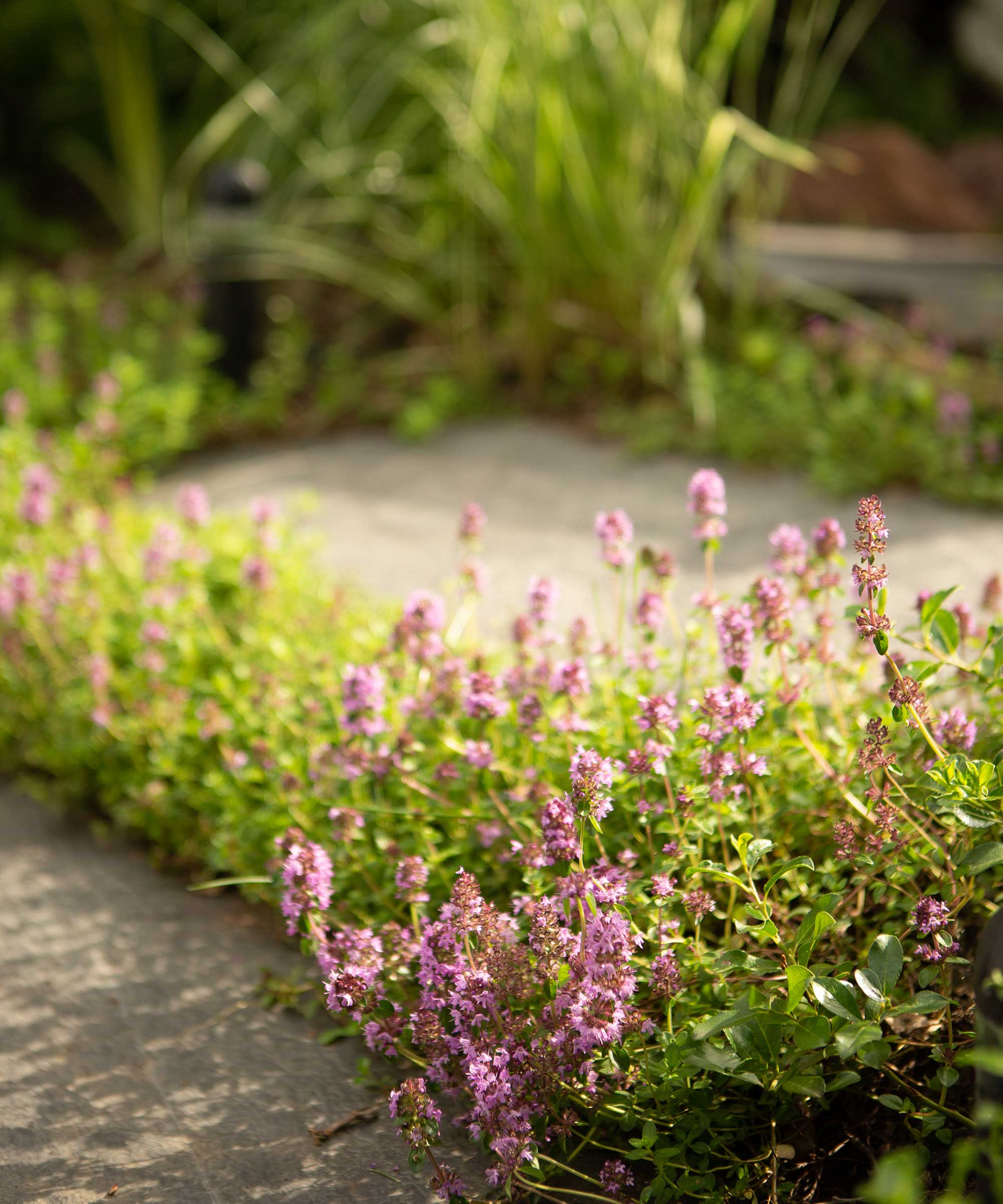
Break up blocks of paving with ground cover plants
Backyard paving or other hardscaping can be a low-maintenance solution for covering ground, but too much can do more harm than good, especially if it’s impermeable.
Jacob Naig, owner and real estate investor and agent, says that while turning a yard into a giant concrete or asphalt pad may be perfect for a basketball lover, it restricts drainage, destroys green space, and can create a stark setting.
His advice is to look for permeable pavers and plant strategically – for instance, you could replace a solid slab with interlocking bricks, with open spaces filled with thyme. Not only will this be better for backyard drainage, but it will be beneficial for pollinators, too. Plus, it looks much more interesting.
Creeping thyme is available from Nature Hills. Our dedicated guide has more ideas for walkable ground covers.

Jacob Naig is a seasoned real estate investor, licensed agent, and property manager based in Des Moines, Iowa, with over a decade of experience optimizing residential assets through strategic design and project execution. He specializes in aligning landscape choices with market expectations to ensure every curb appeal dollar is well spent.
4. Poorly-installed outdoor features
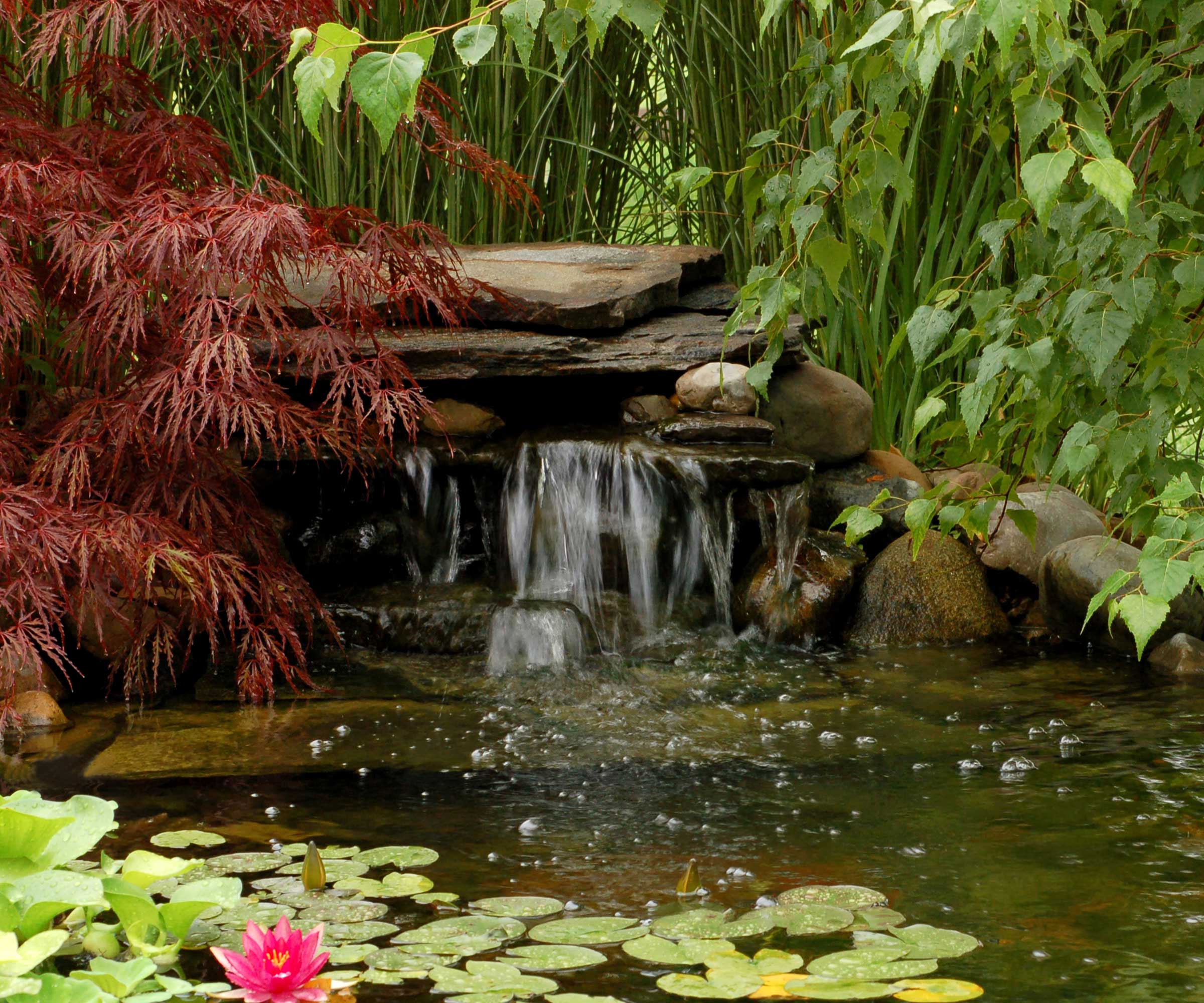
If you want a backyard pond, best to call in the professionals to install it
Zach says, ‘If you’re going to make changes to your backyard, stick with professionally installed upgrades that match your home’s overall style. Things like makeshift patios or DIY pergola builds can scare off buyers concerned about hidden costs or code violations.’
On a similar note, Jacob advises against water features that have been installed without the help of experts, warning that issues such as pump problems or leaking liners can lead to mosquitoes, and even structural damage.
‘I once consulted on a house with a so-called 'meditation pond' that drained half its water overnight, bowing the deck edging and requiring a $5,000 repair – even more than it had ever added to the resale price,’ he says.
To play it safer, opt for small water features in containers, rather than garden ponds. ‘A freestanding stone or ceramic fountain can provide the soothing sound so many of us are looking for, with none of the plumbing headaches,’ Jacob says.
5. Above-ground pools
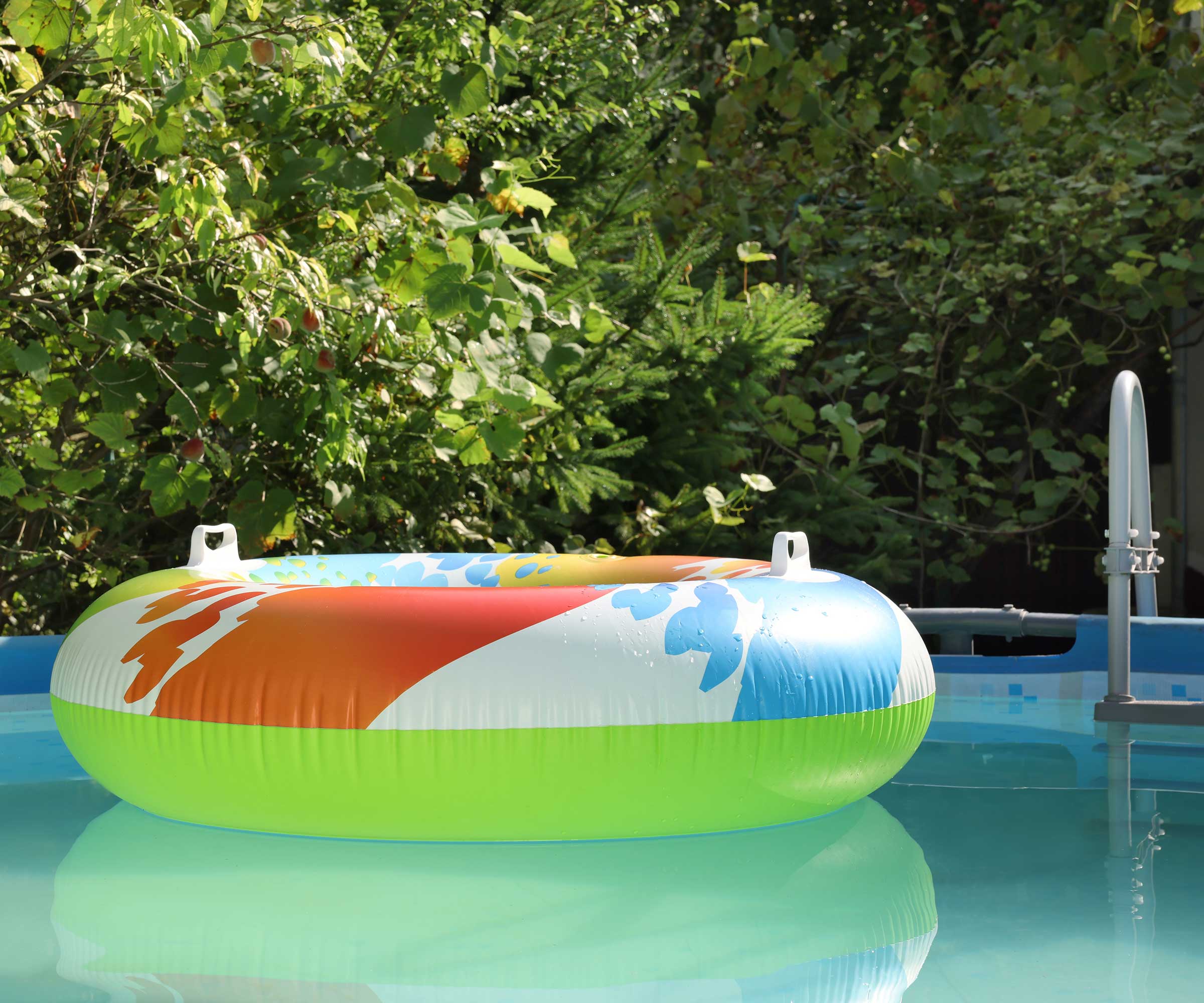
These features can be seen as an eyesore
Casey Gaddy, a realtor and The Gaddy Group senior agent at Keller Williams Empower, adds above-ground backyard pools to our list. ‘An above-ground pool might feel like an asset, but to many buyers, it’s more of a liability than a luxury,’ he says.
‘They are often seen as temporary, unattractive, and high maintenance and can really detract from a home’s appearance and even take up valuable yard space,' he continues.
'On top of that, they can raise liability concerns, increase insurance premiums, and when adding in the cost to maintain a pool, you might be hard pressed to find a buyer eager to want to take that on. It’s a chore, a risk, or even a reason to walk away.’

Casey Gaddy is a Philadelphia real estate agent known for his honest, down-to-earth approach. He combines market insight with a sharp eye, helping clients make smart decisions without the fluff. Casey believes in keeping things current and guiding clients with clarity, empathy, and a focus on what matters most.
FAQs
Can a type of fence decrease the value of your home?
‘If you’re getting around to fencing your yard or replacing older fencing, consider investing in vinyl or wood,’ says Casey. ‘Chain-link fencing, while once popular for being cheap and practical, tends to hurt your curb appeal more than help it.
'In today’s market, installing new chain-link is like carving dollars out of your home value. Buyers see it as a downgrade, not an upgrade, even when new.’
You may also need to consider non-combustible fencing options if you live in a region where wildfires are a risk.
Do lawns add value to a home?
Think carefully before installing a brand new lawn, as they require quite a bit of upkeep to look their best. ‘When a lawn is patchy, covered in weeds or replaced by intricate irrigation, buyers may fear high maintenance costs,’ says Jacob.
‘Especially out here in Utah, lawns are a high-end luxury feature,’ says Ben Ashton, CEO of Rocky Mountain Turf. ‘They take a lot of watering and fertilizer to thrive during our hot, dry summers.’ For those who can keep lawns up, there are definite property value benefits, he says. However, if your lawn is going to dry out and die due to droughts and watering restrictions, you're probably better off replacing it with an alternative ground cover.
‘Opt for clover blends or native prairie grasses that stay green longer, need less fertilizer, and appeal to eco-conscious buyers instead of high-maintenance turf,’ Jacob recommends.
Undeniably, the outdoor space is an important factor when putting a home on the property market. However, if you're planning on selling soon, you'll need to consider the interior, too. According to experts, there are certain design decisions you'll want to avoid – our guide explains all.
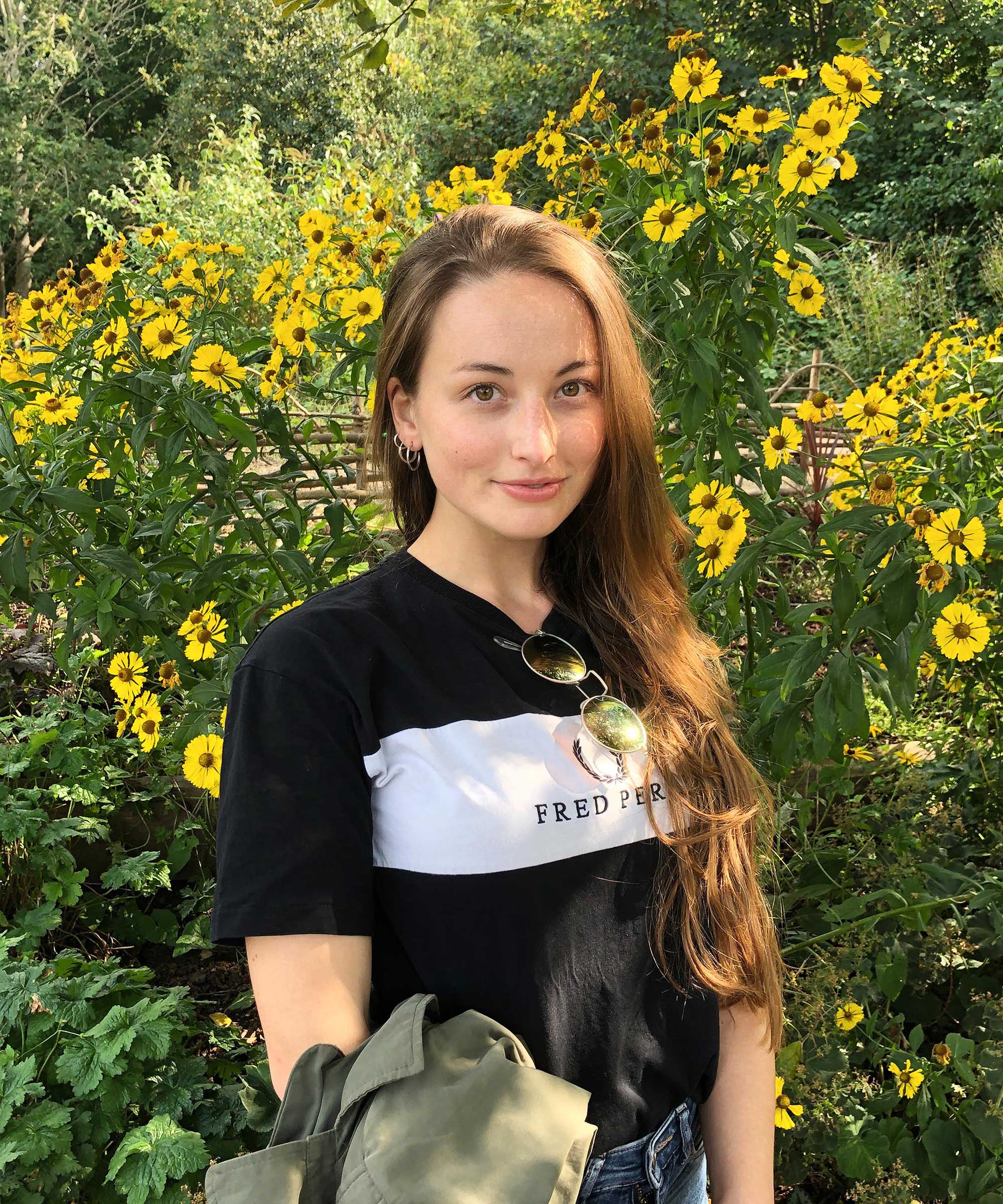
Holly started writing about gardening five years ago, and she is a regular contributor to Homes & Gardens. She has also written many gardening features for Woman & Home and Real Homes, too. She has previous experience as a professional gardener, where she helped to plant and maintain private gardens. Holly has also looked after allotment plots over the years and loves to grow her own flowers and veggies from seed. In her spare time, she enjoys visiting local gardens, botanical drawing, and tending to her ever-growing collection of houseplants.